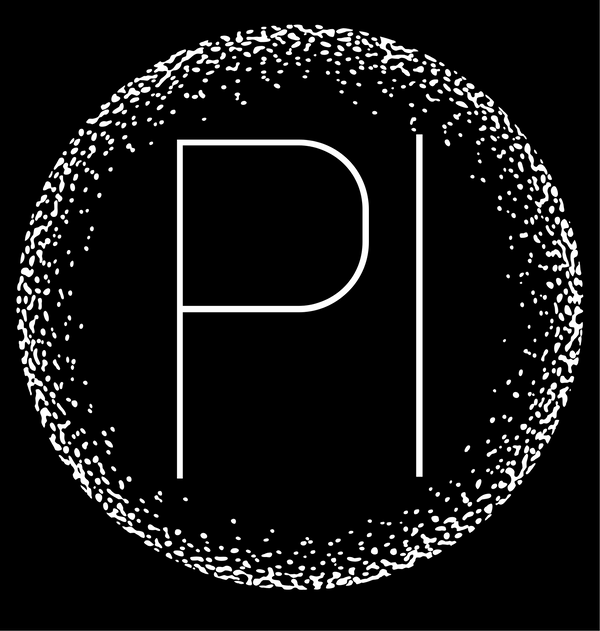You are born with a natural curiosity that means for the first three years, your brain is growing at a faster rate than any other time in your life. Your curiosity enables you to discover the world without restrictions and experiment with textures, sights, and sounds.
As a young child, the world was a fascinating place that absorbed your full attention at that moment as you learned about yourself and your place and impact in your environment. You kept building on what you were learning, applying your new discoveries and abilities to develop communication and your movements. As your conscious mind developed so did your ability to use what you had learned and improved your ability to problem-solve. By the age of seven, your conscious mind was fully developed and with it all the subconscious patterns of behaviour that you take into your adult life.
The word, curious, comes from the word, cure, meaning restoring health. Curiosity, as an approach to the challenges, gives your mind permission to discover something new. The greatest scientific discoveries came out of this approach. They were investigators of new ideas. 200 years ago, Louis Pasteur used curiosity to discover new ways of making cultures that gave us safer food processes and cures for diseases that were fatal at the time. From Albert Einstein to Charles Darwin, inventions that we take for granted now came out of an experimentation process that broke through convention. They created the foundations of our modern world by going against traditional thinking. They dedicated their entire lives to proving their theories, campaigning for a new way of thinking to be accepted and adopted by society, to help make a positive impact on society.
Innovators today are facing the same challenges Aristotle faced 2,000 years ago. We live in social and business communities who do not value what they don't understand, where convention determines acceptability and development is limited by sameness. Our modern communities desperately need curiosity for advancement more than anything else right now. Yet despite benefiting from the centuries of new discoveries, we have never mastered the learning factor that a curious mind brings.
From birth, you teach your baby how to conform. Basic life skills are skills of obedience, imitation, and compliance. As they start to push limits and boundaries, you teach them to fear in the form of punishment and reprimand. Through education and work, institutions compound these rules of engagement where tradition is valued over originality.
In our modern age, advancement has come from technology. In an explosion of innovation and information, the internet has progressed our world faster than any other invention. Our human nature is yearning for this progression to happen in other areas of our life. With so many industries resisting this human need for development, we are at a tipping point.
Until we understand the purpose of curiosity and the need we have for experimentation and learning, we will never be able to move entire industries out of crisis. Technology has given us new information in the way of data, that we are struggling to use, it has brought us speed and transparency, and the ability to whistle blow on events that happen in remote places of the world. As society approaches this modern age of big data and artificial intelligence with fear and skepticism, we need to raise a new generation of scientists and innovators to advance other areas of our social and business communities. Traditional industries currently in crisis need a revolution in thinking. While technology will facilitate, it cannot be the solution.
For you to master the skills and gain the benefit of applied curiosity requires relearning your approach to the learning and experimentation process. Rediscovering curiosity and renegotiating the many habits that you now take for granted that were taught to you as a child. Curiosity can never happen in a climate of fear and failure. Your brain's biochemistry reacts to stress by closing down the areas of the brain that you need for the experimentation.
When you start by removing the blocks to learning then practice the process of applied action for investigation, you will be able to recapture your natural curiosity and maximise your potential to discover new ways of thinking and solving challenges in your life and your work. Learning blocks tend to be formed out of negative patterns in our thinking, therefore identifying these and choosing alternative actions that promote learning will enable you to master new positive habits. Over time, these will evolve as you grow and develop new growth strategies that compound your performance and success.
